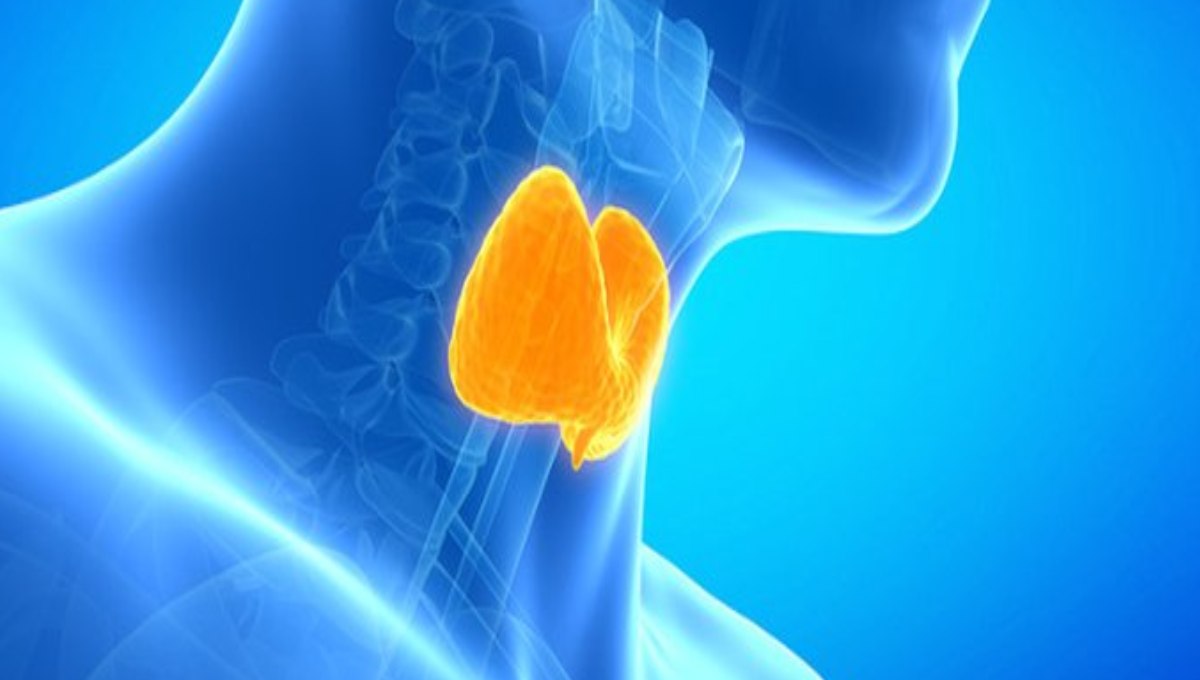The endocrine system comprises a network of glands and organs that secrete various hormones into the bloodstream. These hormones are responsible for controlling a wide array of physiological functions, including metabolism, reproduction, and growth.
Hormones also influence the functioning of various organs, such as the heart, kidneys, and digestive system.
Even the slightest change in hormone levels due to endocrine diseases can wreak havoc on the human body. It can affect a patient’s bone and muscle growth, fertility, energy levels, weight, facial features, and mental health.
This article will delve deeper into endocrine diseases and a few common conditions associated with the endocrine system.
Table of Contents
What Are Endocrine Diseases?
Endocrine diseases are conditions caused by the malfunctioning of the endocrine system. The endocrine system comprises various glands and organs, including:
- Pituitary gland
- Hypothalamus
- Adrenal glands
- Pancreas
- Parathyroid
- Thyroid gland
- Ovaries
- Testes
Each gland/organ plays an important role in regulating bodily functions. For instance, the thyroid gland produces and releases thyroid hormones that control metabolic activity in the body. Abnormally high or low levels of these hormones alter metabolic rates, thus causing a wide array of problems.
Similarly, the islet cells in the pancreas produce insulin, a hormone that breaks down glucose and supplies energy to cells and tissues. When the pancreas doesn’t generate enough insulin, it results in elevated blood glucose levels.
Common causes of endocrine diseases include:
- Malfunctioning of endocrine glands
- Lesions, such as tumors or nodules, in the endocrine system
- Endocrine gland injuries and infections
- Genetic defects
- Immune response
Common Endocrine Diseases
Endocrine diseases can lead to many chronic conditions, such as cardiovascular diseases, kidney ailments, infertility, etc. Also, these diseases can lead to abnormal growth and developmental delays in children.
What complicates things further is that endocrine disorders are difficult to diagnose. It is because their symptoms overlap with a wide array of other medical conditions.
That emphasizes the need for patients to closely monitor their symptoms and seek medical care early on. They are advised to consult a licensed endocrinologist who will order blood tests, MRIs, urine tests, etc., to diagnose their condition.
Here are a few common endocrine diseases that affect the global population:
Hypothyroidism
Hypothyroidism is an endocrine disease caused by an underactive thyroid gland. It is characterized by low levels of the thyroid hormones – triiodothyronine (T3) and thyroxine (T4) – in the bloodstream.
Typical symptoms of hypothyroidism include:
- Dry skin
- Unexpected weight gain
- Inability to lose weight
- Increased sensitivity to cold
- Constipation
- Changes in voice
- Hair loss
- Slow heart rate
- Muscle weakness
- Irritability
- Brain fog
- Fatigue
Long-term complications of hypothyroidism include cardiovascular diseases (due to elevated cholesterol levels), neuropathy (nerve damage) and infertility. It can also lead to complications during pregnancy and result in congenital disabilities.
Hypothyroidism could also cause a life-threatening condition called myxedema. Also, patients are at a higher risk of developing mental health disorders.
The good thing is that hypothyroidism symptoms can be managed with the right treatment. Common treatments for the condition include medications, such as Thyroid S (natural desiccated thyroid) and Eltroxin (levothyroxine). These medications help elevate thyroid hormone levels in the bloodstream.
Additionally, antidepressants are often prescribed to deal with the emotional toll of the condition. Lifestyle changes, such as a daily exercise routine and proper sleep hygiene, are crucial for managing the symptoms.
Dietary changes, such as sugar elimination, omega 3 supplements and dairy reduction, are also effective.
Diabetes
Diabetes is one of the most prevalent endocrine disorders and affects more than 11% of the US population. The condition is just as common in other countries.
Diabetes is characterized by the endocrine system’s inability to produce enough insulin or properly use the hormone to metabolize glucose. That, in turn, elevates blood glucose levels and leads to various complications.
Diabetes can be categorized as:
- Type 1 diabetes – An autoimmune condition in which the body’s immune system destroys pancreatic cells that produce insulin
- Type 2 diabetes – A condition in which the body resists insulin and fails to regulate blood glucose levels
Symptoms of diabetes include increased thirst, frequent urination, blurry vision, delayed wound healing and numbness. It can also cause an unexpected drop or increase in body weight.
Treatment options for diabetes include a combination of oral medications, exercise and a balanced diet. Additionally, many patients have to undergo insulin therapy to manage their blood sugar levels.
If left untreated, diabetes could lead to serious complications, including kidney ailments, nerve damage, gum diseases, and vision. Also, it increases a patient’s risk of developing cancer and cardiovascular diseases.
Polycystic Ovary Syndrome (PCOS)
Polycystic ovary syndrome (PCOS) is a common endocrine disease in women caused by high androgen levels. PCOS symptoms include:
- Irregular and painful menstruation
- Excessive hair growth
- Darkened skin
- Acne
- Weight gain
- Inability to lose weight
Additionally, PCOS increases a patient’s predisposition to infertility, miscarriages, gestational diabetes and liver inflammation. Also, it increases their risk of developing endometrial cancer and ovarian cancer.
Medical treatment for PCOS involves birth control pills and anti-androgen medications. Regular exercise and dietary changes also play a key role in managing the symptoms.
Acromegaly
Also known as gigantism, acromegaly is caused by increased growth hormone levels from an overactive pituitary gland. It results in abnormal bone and tissue growth. The most common cause of acromegaly is a tumor in the pituitary gland.
Common symptoms include:
- Swollen feet
- Changes in facial structure
- Dry skin
- Changes in voice
- Excessive sweating
- Body odor
Acromegaly can cause serious complications, such as elevated cholesterol and blood sugar. Also, it can take a toll on a patient’s self-esteem and mental health. Treatment for acromegaly involves medication, surgery, and radiation therapy.
Final Takeaways
Proper functioning of the endocrine system is essential for maintaining an individual’s physical and mental health. Minor changes in hormone levels can lead to life-threatening complications in the long run. Patients are advised to keep an eye out for the symptoms of various endocrine diseases and seek proper treatment at the earliest.






